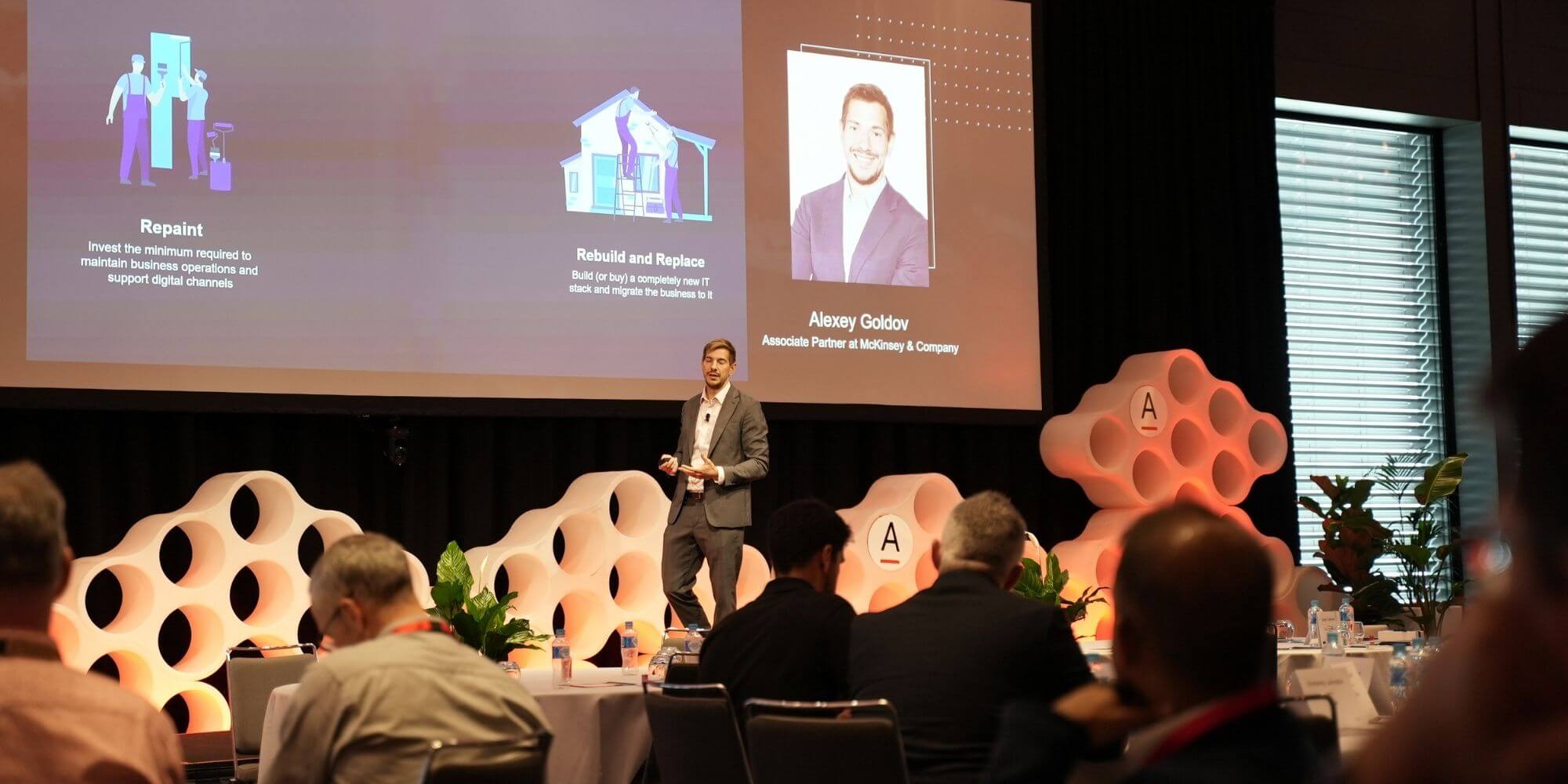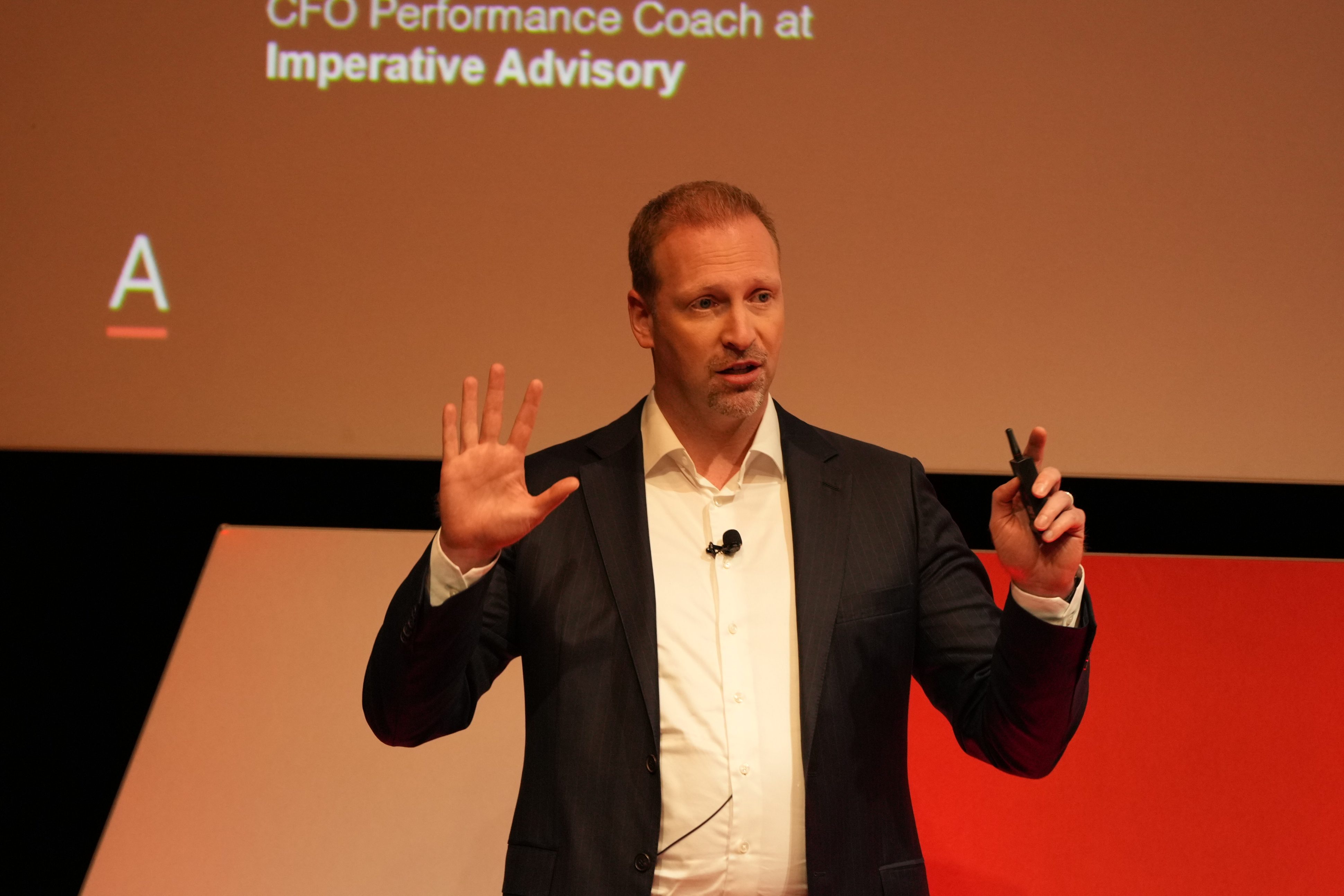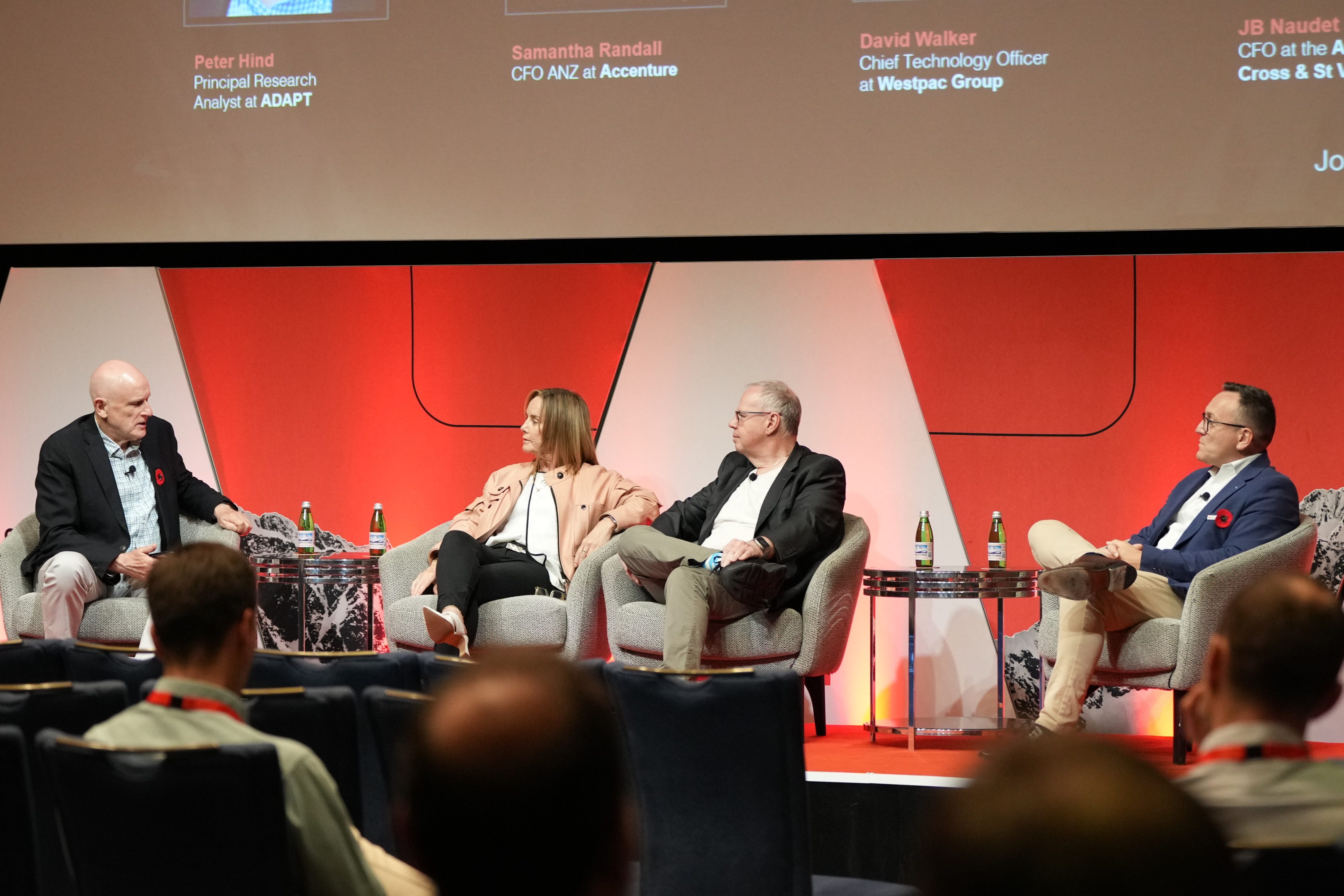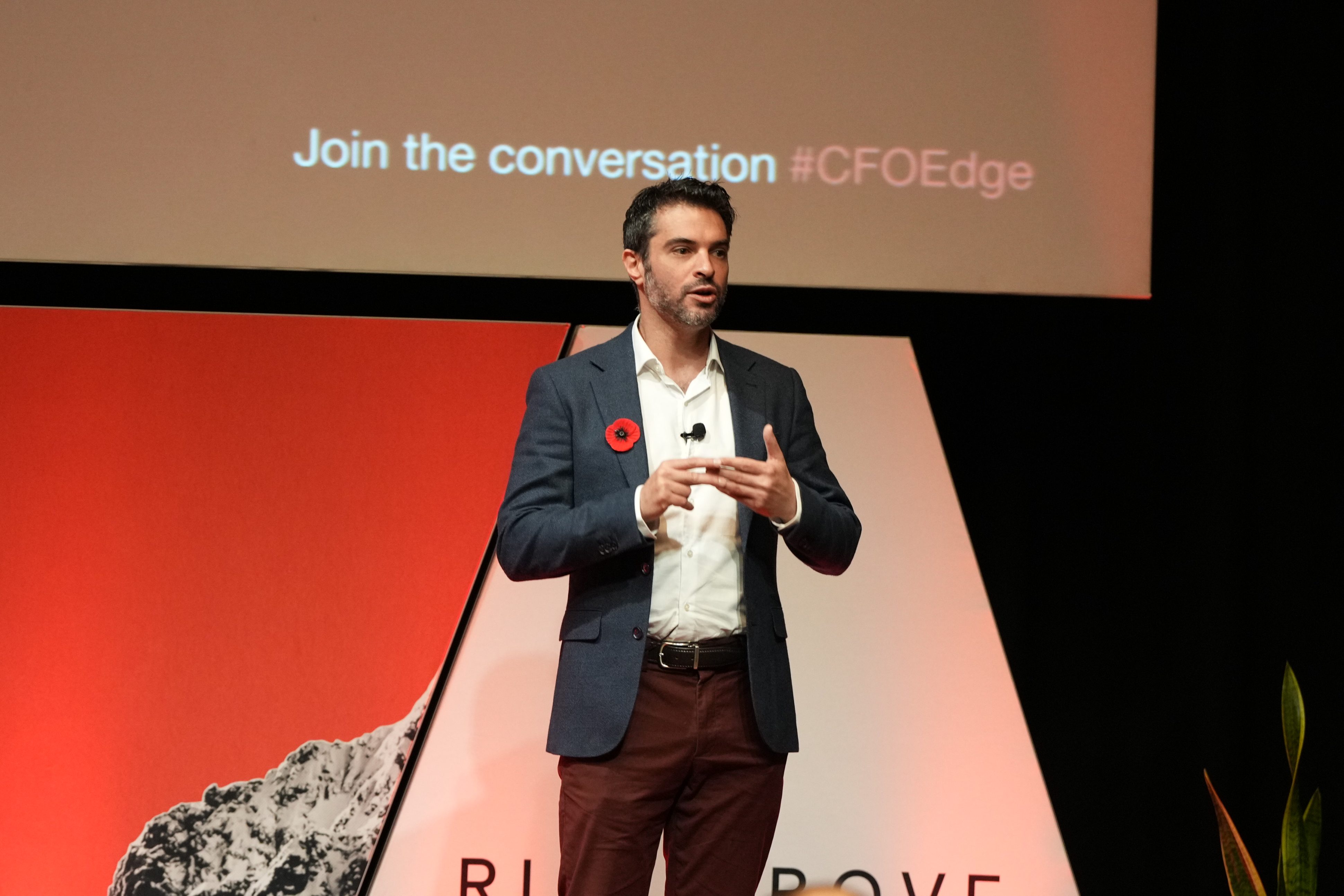Transform Your Core Technology to Unlock Digital Agility
McKinsey’s Associate Partner and Leader in Technology Practice shares critical advice from his experience in driving large-scale technology transformations in financial, telecommunications, and public sector organisations.The pandemic has driven companies to double down on digitisation, increase agility, look again at business continuity plans as well as their workforces as they move into a ‘new normal.’
The core technology is critical to delivering the agile, cost-effective, and customer-centric capabilities required for organisations to achieve future growth.
In this CCDC Edge presentation, McKinsey’s Associate Partner and Leader in Technology Practice shares critical advice from his experience in driving large-scale technology transformations in financial, telecommunications, and public sector organisations.
To unlock the full keynote video and access an entire catalogue of ADAPT’s expert presentations, localised research, case studies, downloadable data and community interviews, speak with a Senior Research Consultant today.
Transcription:
More than 80% of transformations in technology fail in some shape or form. When I say fail, they don’t deliver upon the whole scope or on time.
We believe ‘the how’ is the interesting and critical part. Execution is make or break.
The first step is understanding the full technology potential.”
Basically, what do you want to be or what can you be? No restrictions, basically landing someone on the moon.
This is broadly the conversation you should have.
First, if you say, look, my technology transformation is going from here to here, it’s probably not that ambitious.
You want to be far because you want to secure yourself for the future.
The next step is to build an actual blueprint, understanding what the actual steps needed to make and what are the changes I need to make or what I bring new to get from the current state to the future.
Next up, blend granular initiatives.
The first step can be done be a strategy team.
When building granular initiatives, this needs to be done by the teams and with the teams. When it’s done to the teams, there is always an organ rejection.”
People say they don’t even understand what they need to do that.
And then execute rigorously, implement and make sure that you progress.
Three enablers to support that, to support those steps that we find the most effective first thing to do is performance management.
Every project needs to go through some stages and needs to progress.
Performance management is very, very important to ensure that you track that there are no significant problems in front of you.
The company needs to be on the journey, winning the hearts and minds of people and explaining to them why it is happening and what is happening. “
Leveraging the partners that you have and the tools that are available is also quite important.
Lots of time I hear people saying that’s common sense. That’s true, it is common sense. But is it a common thing that people do? That’s probably a separate statement.
To unlock the full video and access a catalogue of expert presentations, localised research, and community interviews, talk to a Senior Consultant about becoming a client of ADAPT Research and Advisory.





























